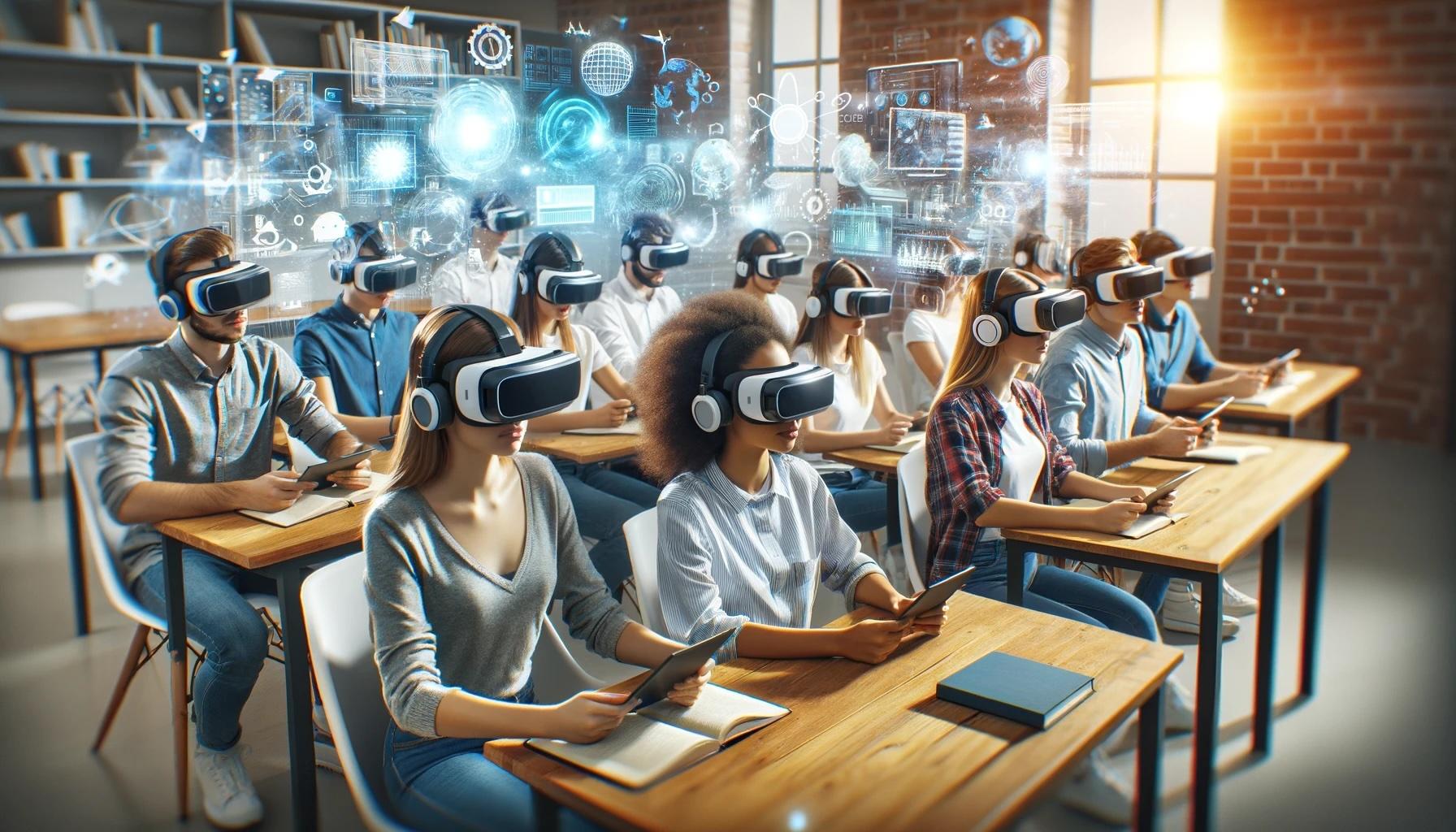I used to fly relatively often - last year, I took 24 flights. But early this year, I bought a car, and haven't flown once. In part because driving is so incredibly simple. You hop in, punch your destination into Google Maps, hit 'Start', and off you go. During these drives, I can listen to music, call my family, or simply zone out watching the car ahead—it's almost meditative.
However, this seamless experience is a recent luxury. Let's rewind to the days before 2017 when free roaming was still a dream and GPS devices a luxury. Preparing for an international road trip then required:
- Purchasing a bulky, always slightly out-of-date map book.
- Spending an evening charting a route, trying to memorize it
- Bringing along a navigator, not just any person, but one with a peculiar set of skills: a sharp sense of left and right, being able to infer where you find yourselves on a map, flipping swiftly to a new page as you drive past the edge of the current one, speaking the local tongue to ask directions, and possessing a large reservoir of patience when inevitably told, “You can’t get there from here. Turn back, and it’s left past where the old post office once stood.”
Driving to another country was nothing but meditative. Yet, it’s only been a few years since these ordeals were the norm. It’s shocking how quickly we forget that our everyday conveniences—once luxuries—are fruits of rapid technological progress. We no longer fax, shuffle CDs, or queue at banks during restrictive hours. Technology relentlessly marches forward, making our past routines seem almost comical now.
This brings me to my own profession: lecturing. The cornerstone of education, lectures, are poised to become the next relic. Research consistently shows that traditional lectures are among the least effective instructional methods. Why do we persist with them? Perhaps it’s a mix of tradition and current technological limitations.
The format itself is anachronistic. We gather students in large rooms, shutting them away from the world we’re describing, as if we were afraid they'd get too much experience with it. In the name of efficiency, we use abstract theories to describe it, skipping the rich, empirical experiences that led to these theories in the first place. And lastly, every student receives the same lecture—same pace, same content—regardless of their prior knowledge or interest, further undermining the instructional effectiveness.
But just as getting from A to B has evolved, so too can our educational methods. With advances in artificial intelligence and other technologies, we’re on the brink of being able to abandon the lecture hall for more dynamic, realistic learning environments. We can build education that employs experiential pedagogies like project-based, problem-based, or design-based learning. These methods, currently expensive, can be made more feasible with AI handling tasks like creating realistic scenarios and providing feedback.
Soon, we might look back at 2024 and chuckle at how we used to educate, just as we now laugh about how we navigated roads or managed daily tasks. Or perhaps, in a twist typical of history, we'll laugh at folks like me—ever the optimistic lecturer—forever predicting that the next big technology will revolutionize everything.
This post and image were created with the help of ChatGPT Plus.
